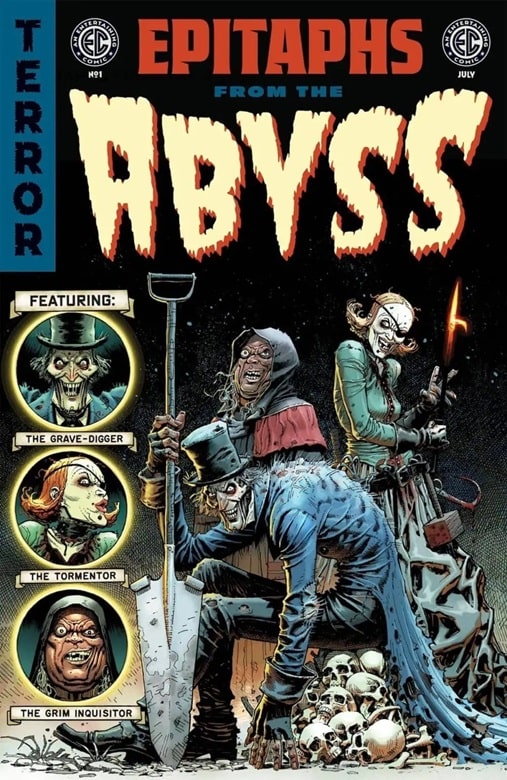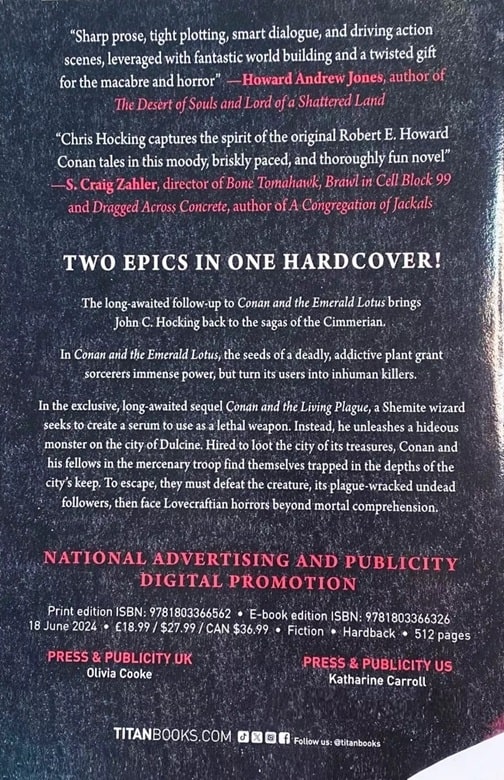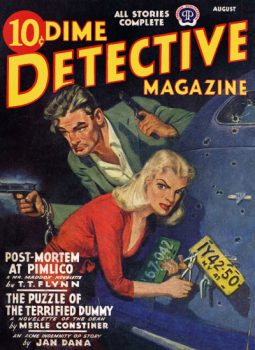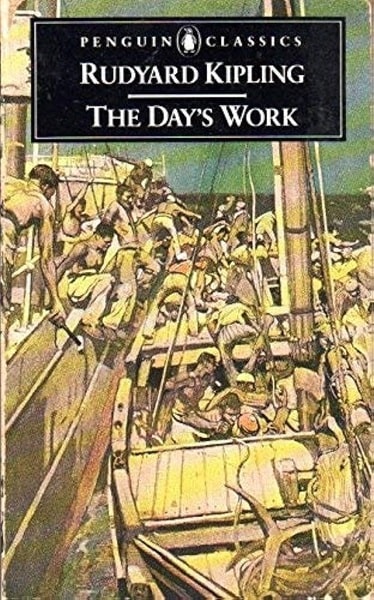Goth Chick News: Crypt-Keeper Fans Rejoice for a New Generation of Horror Comics
Epitaphs From the Abyss #1 (Oni Press, July 24th)
In past articles I talked about acquiring contraband horror comics from my older male cousins and reading them by flashlight. Though my dad deemed the black and white monster movies from Universal as “classic,” and therefore approved for my consumption, comics like House of Mystery or Strange Tales were verboten, meaning I worked all the harder to get my hands on them. Because of this, horror comics have always held a special place in my heart. From the trailblazing originals to modern tales like Twisted Dark and Nightmare World,, there’s no better way to spend a Sunday afternoon than flipping through the horror section of my local comic vendor Graham Crackers Comics.
Tuesday morning this week, entertainment site The Wrap dropped exclusive info that brought joy to the hearts of horror comic fans worldwide. EC Comics is making a highly anticipated return with a horror anthology series Epitaphs From the Abyss.











